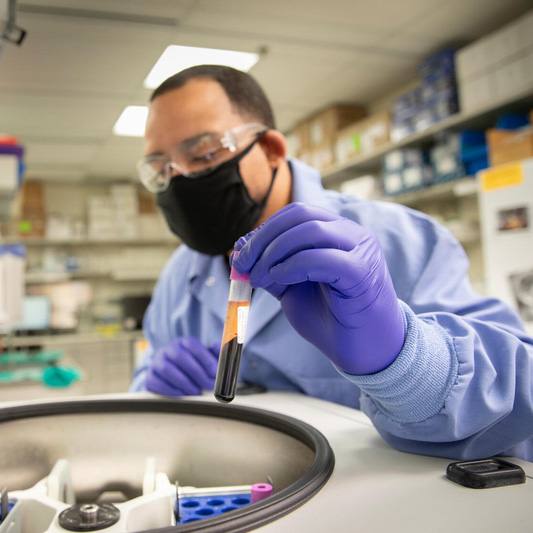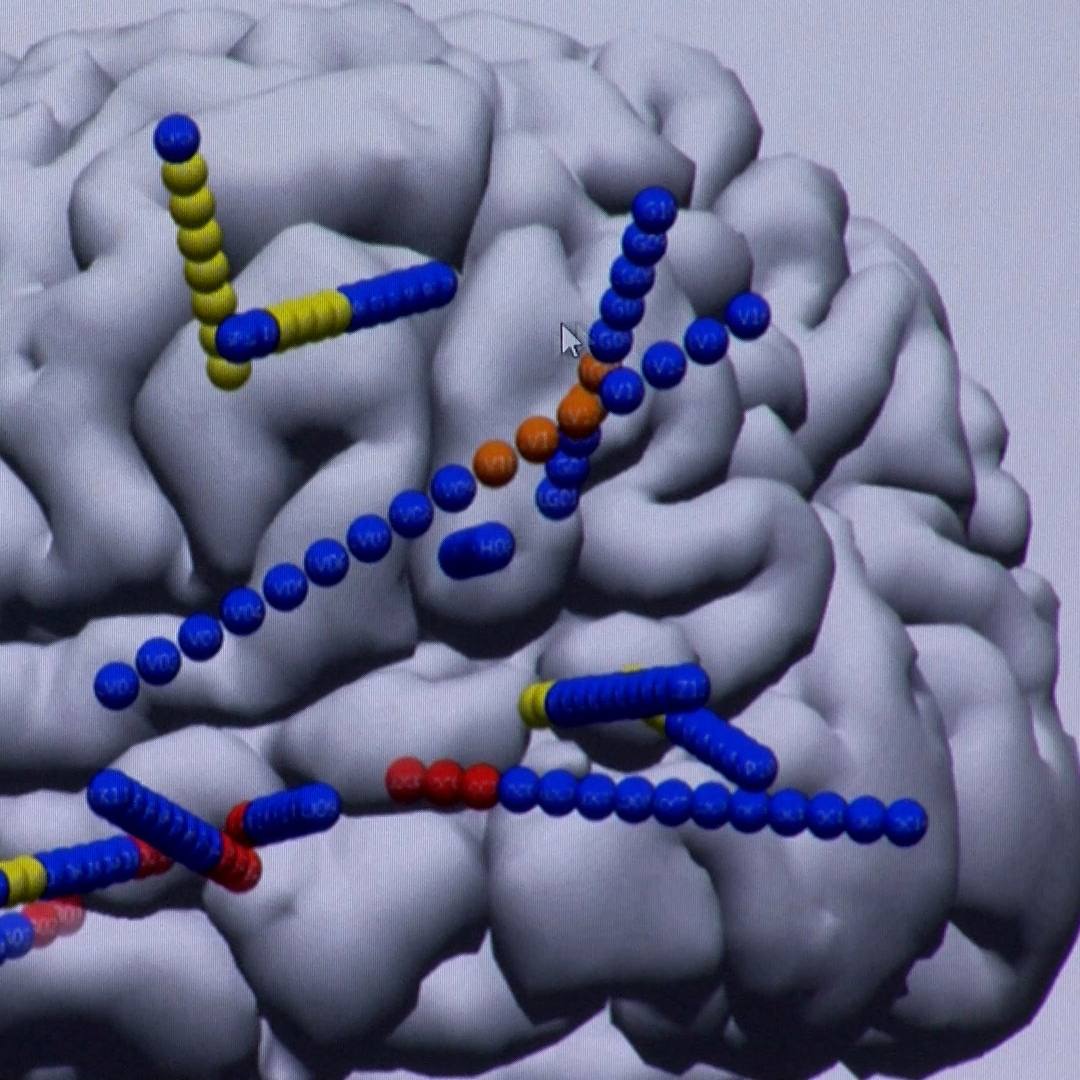-
Featured News
Consumer Health: Addressing concerns and dispelling myths about organ donation

April is National Donate Life Month. This annual observation raises awareness about donation, encourages people to register as donors and honors those who have saved lives through the gift of donation.
Over 100,000 people in the U.S. are waiting for an organ transplant. And it's estimated 20 patients die every day in the U.S. because of the lack of donor organs.
Have you considered becoming a donor?
If you've never considered organ donation or delayed becoming a donor because of possibly inaccurate information, here are answers to some common organ donation myths and concerns:
Myth: If I agree to donate my organs, my health care team won't work as hard to save my life.
Fact: When you go to the hospital for treatment, your health care team focuses on saving your life — not somebody else's.
Myth: Organ donation is against my religion.
Fact: Organ donation is consistent with the beliefs of most major religions, including Roman Catholicism, Islam, most branches of Judaism and most Protestant faiths.
Myth: I'm under age 18, so I'm too young to make this decision.
Fact: Many states allow people younger than 18 to register as organ donors, but your parents or legal guardian will make the final decision. Discuss your wish to become an organ donor with your family members, and ask for their consent. Keep in mind that children, too, are in need of organ transplants, and they usually need organs smaller than those an adult can provide.
Myth: I'm too old to donate. Nobody would want my organs.
Fact: There's no defined cutoff age for donating organs. The decision to use your organs is based on strict medical criteria — not age. Don't prematurely disqualify yourself. Let your health care team decide when you die whether your organs and tissues are suitable for transplantation.
Myth: I'm not in the best of health. Nobody would want my organs or tissues.
Fact: Few medical conditions automatically disqualify you from donating organs. The decision to use an organ is based on strict medical criteria. It may turn out that certain organs are not suitable for transplantation, but other organs and tissues may be fine. Don't prematurely disqualify yourself. Your health care team can determine whether your organs are suitable for transplantation when you die.
Myth: Rich and famous people go to the top of the list when they need a donor organ.
Fact: The rich and famous aren't given priority when it comes to allocating organs. It may seem that way because of the amount of publicity generated when a celebrity receives a transplant, but they are treated no differently from anyone else. The reality is that celebrity and financial status are not considered in organ allocation.
Find answers to more organ donation myths, and learn how you can become a donor.
And connect with other organ donors and transplant recipients and caregivers in the Transplants support group on Mayo Clinic Connect, an online patient community moderated by Mayo Clinic.







